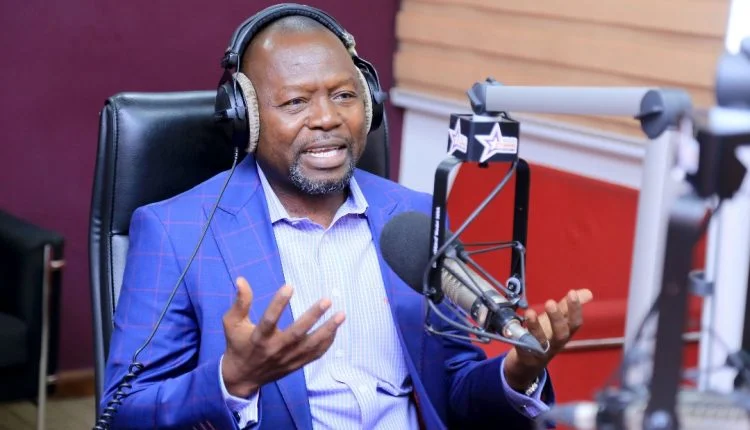The ongoing legal wrangle over the attempted suspension of Chief Justice Gertrude Torkornoo has taken a sharp turn, with the Office of the Attorney General (AG) firing back at the group challenging the process.
In a blistering affidavit filed at the Supreme Court, the AG describes the interlocutory injunction application as “speculative, exceptionally frivolous, and an abuse of the court’s processes.”
At the heart of this legal drama is a civil society group, the Centre for Citizenship, Constitutional and Electoral Systems.
The group has taken issue with how the President responded to petitions seeking the removal of Justice Torkornoo, arguing that the process was flawed, unconstitutional, and lacked fairness and transparency.
Here are the key issues at play in this unfolding legal saga:
1. The civil group behind the suit
The Centre for Citizenship, Constitutional and Electoral Systems has taken legal action against the Attorney General, Chief Justice Gertrude Torkornoo, and Justice Gabriel Pwamang. The group claims the President’s actions were in breach of Ghana’s 1992 Constitution.
2. What the group wants the Supreme Court to do
The Centre is asking the court to declare that the President’s handling of the three petitions to remove the Chief Justice was unconstitutional. They cite violations of Articles 17, 23, 296, and 146 of the Constitution, calling for the entire process to be nullified.
3. How the Attorney General responded
In response, the AG has urged the Supreme Court to throw out the injunction, arguing that the case is based on speculation and lacks merit. The AG insists that the application is a misuse of the judicial process.
Read Also: 6 things to know about the Lexus saga involving Sam George and PK Sarpong
4. Which parts of the suit the AG wants struck out
The AG is specifically asking the court to strike out paragraphs 17, 18, 19, 22, 23, and 26 of the applicant’s affidavit. According to the AG, these paragraphs include materials from in-camera proceedings, which breach constitutional provisions and lack authenticity.
5. Why this legal fight is important
Beyond the courtroom, this case touches on critical issues of judicial independence and the limits of presidential power. The outcome could reshape how Ghana handles high-level judicial removal processes and test the strength of constitutional checks and balances.
The Supreme Court is expected to determine whether the application for injunction holds any legal weight, or whether the AG’s fierce opposition will carry the day. Either way, this is a case that will set important precedents for governance and the rule of law in Ghana.




